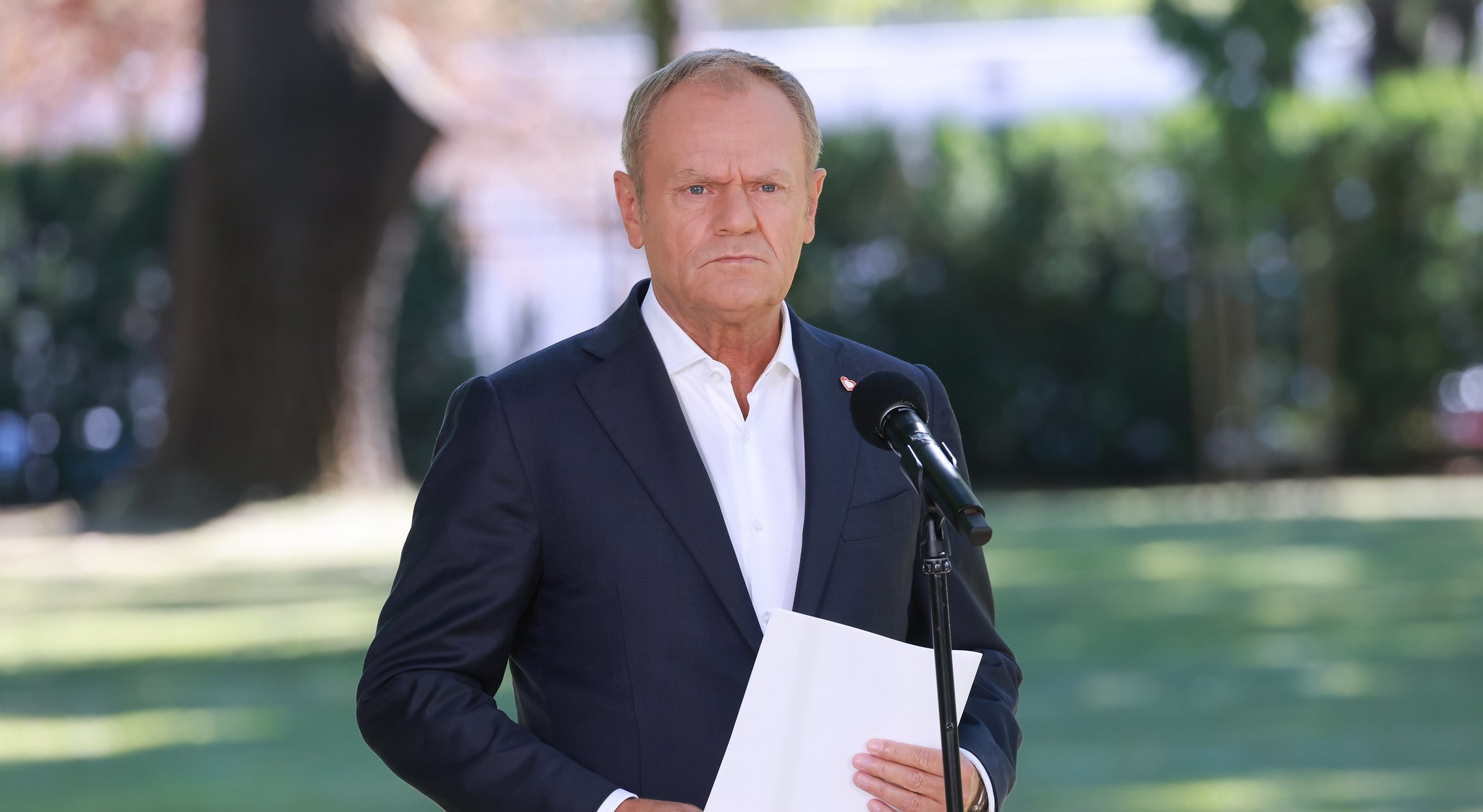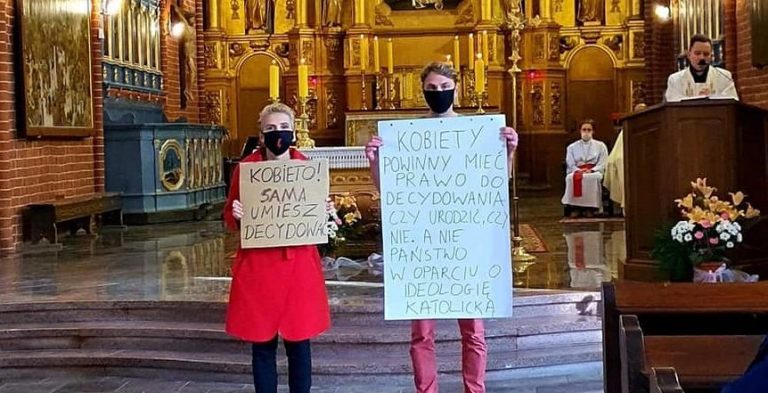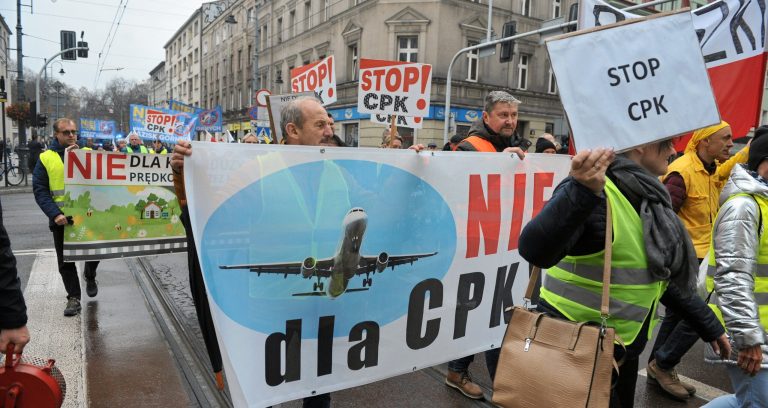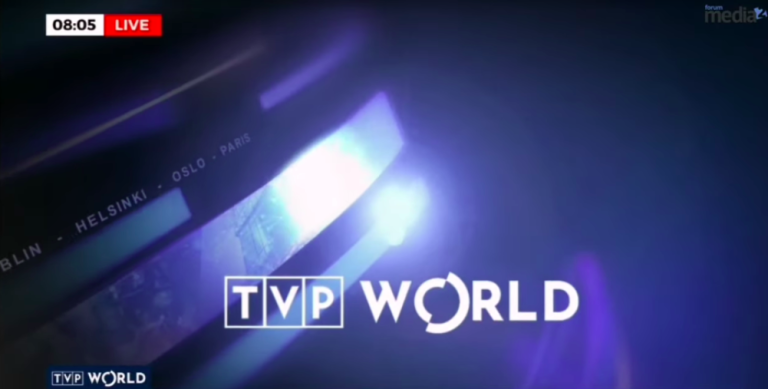Polish PM Tusk launches “great government confession” of ministers’ failings

Polish Prime Minister Donald Tusk has called on his ministers to carry out a “great government confession” of their failings in the weeks leading up to the first anniversary of last October’s elections that brought his coalition to power.
Tusk has asked his ministers to “examine their conscience” and provide reports about “things that are not going well”, which would serve as the basis for meetings with groups dissatisfied with the government’s actions.
“No government should feel impunity. Every government must be held accountable for abuses, not as a form of revenge, but within the framework of the law,” Tusk wrote on Saturday ahead of a cabinet meeting.
“I will remind my ministers that this principle applies not only to PiS, but also to us,” he added, referring to the former ruling Law and Justice (PiS) party, which Tusk’s government has promised to hold to account for alleged abuses during its eight years in power.
Żadna władza nie powinna czuć się bezkarna. Każdą władzę trzeba rozliczać z nadużyć, nie w ramach zemsty, tylko w ramach prawa. Tego żądaliśmy w Sierpniu 80. Na specjalnym posiedzeniu rządu w Gdańsku przypomnę moim ministrom, że ta zasada dotyczy nie tylko PiS, ale także nas.
— Donald Tusk (@donaldtusk) August 31, 2024
Subsequently, during the cabinet meeting, Tusk announced that he would “very much like for us us to carry out a great government confession in the coming months at meetings with the people”.
“I am not talking about rallies, about any type of campaign, I am talking about well-organised meetings with communities who have some cause for concern or who, perhaps, have lost some trust or faith in our determination,” he added.
The idea of confession is deeply rooted in Poland, a country where the majority of people identify as members of the Roman Catholic faith, in which regular confession of sins to priests is a central tenet of religious practice.
Sorry to interrupt your reading. The article continues below.
Notes from Poland is run by a small editorial team and published by an independent, non-profit foundation that is funded through donations from our readers. We cannot do what we do without your support.
Saturday’s cabinet meeting was held in the city of Gdańsk to commemorate the 44th anniversary of the so-called Gdańsk Agreement, signed in 1980 by the communist government and striking workers. It paved the way for the establishment of the Solidarity trade union that helped bring about the fall of communism.
Tusk highlighted that his government has to “pass the solidarity test” and that “people very much expect accountability of the authorities and deep in their hearts they feel what they felt in August [of 1980] – that a government that is not held accountable is a government that becomes corrupt”.
Tusk has faced criticism for failing to implement the majority of the 100 policies he promised to introduce in his first 100 days in power. By the time that deadline passed in March, only 12 of the pledges had been met. Since then, most remain unfulfilled.
However, Tusk made those promises as leader of the centrist Civic Coalition (KO), which failed to win an independent majority and had to go into coalition with The Left (Lewica) and centre-right Third Way (Trzecia Droga). Differences between KO and its partners have stymied Tusk’s agenda.
Prime Minister @donaldtusk has admitted that there will not be a majority for the liberalisation of Poland’s abortion law during the current parliamentary term.
In its 2023 election campaign, Tusk’s KO pledged to end the country’s near-total abortion banhttps://t.co/IGPrCdL6ew
— Notes from Poland 🇵🇱 (@notesfrompoland) August 26, 2024
As part of his plans, Tusk said that he would expect from his ministers “very reliable, honest, painfully true mini-reports on areas where you feel that things are not going well”. The government will then “talk to those who are not entirely satisfied with our actions”.
The prime minister said that the first such meeting will be prepared by justice minister and prosecutor general Adam Bodnar and will concern the restoration of the rule of law in Poland. That will be followed by meetings focusing on culture and the media as well as Poland’s state forestry agency.
However, opposition MP Zbigniew Bogucki of PiS dismissed Tusk’s announcement as a “PR move” intended to divert attention from his “huge number” of unkept promises. “This is the laziest government, the laziest parliament. I don’t think Poles will come knocking at this confessional.”
Witold Tumanowicz, an MP for the far-right Confederation (Konfederacja) party, told broadcaster Polsat that “Donald Tusk himself should be the first to go to confession and confess all the lies he told during the election campaign”.
Two embarrassing blows in the last week – on abortion and the detention of an opposition MP – have left Tusk’s government facing its first serious crisis, raising questions over the unity and competence of the ruling coalition, writes @danieltilles1 https://t.co/aWQigjd8Q2
— Notes from Poland 🇵🇱 (@notesfrompoland) July 18, 2024
Main image credit: KPRM (under CC BY-NC-ND 2.0)

Agata Pyka is an assistant editor at Notes from Poland. She is a journalist and a political communication student at the University of Amsterdam. She specialises in Polish and European politics as well as investigative journalism and has previously written for Euractiv and The European Correspondent.






